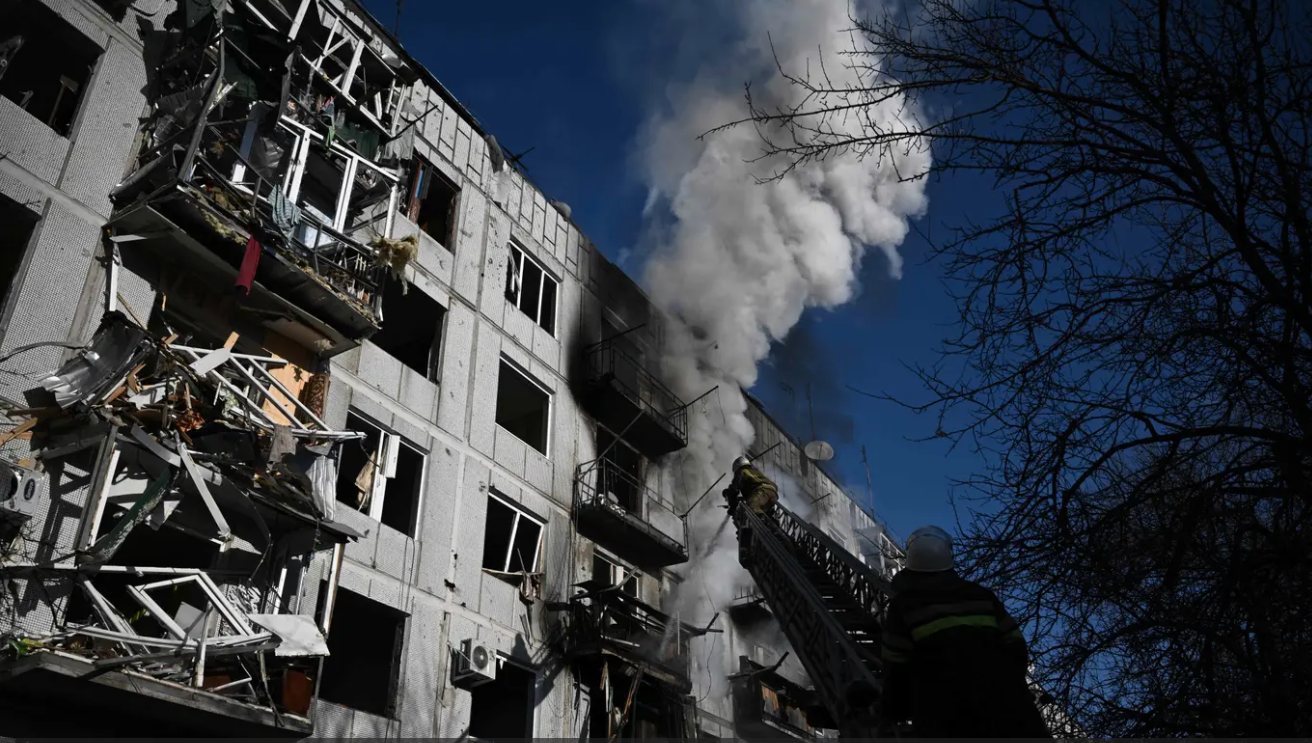Russia invasion of Ukraine could spark food price rises

Vladimir Putin’s invasion of Ukraine is expected to cause inflation and the cost of living to rise in the UK, as commodity prices are affected.
While less than 5% of the UK’s gas comes from Russia, the rest of Europe is more reliant on Russian gas, which comes through Ukraine. If its pipelines are cut off competition for gas could cause a knock-on effect for UK supplies.
Samuel Tombs, chief UK economist at Pantheon Macroeconomics forecaster, said if the surge in oil, natural gas and electricity prices is sustained there could be an extra 1.5 percentage points boost to the UK’s consumer price inflation.
“CPI inflation is now likely to peak at around 8.2% in April and only come down to 6.5% by the end of the year. It’s hard to see how households’ real spending keeps rising,” he said.
A rise in gas prices could also push up the price of packaging, transport, manufacturing and processing costs as they all rely on oil and gas.
UK food prices could also see an almost immediate hike as Ukraine and Russia export much of the world’s grain – and most of their ports have been shut down.
Russia, the world’s largest wheat exporter, has put all ships on “stop” in the Azov Sea, where most grain is shipped from, a grain industry source said.
Wheat and soybeans hit their highest prices since 2012 in the hours after Russia invaded, while corn jumped to an eight-month peak.
The two countries were due to account for 29% of global wheat exports, 19% of world corn supplies and 80% of world sunflower oil exports this year.
Wheat prices went up £15 a tonne in the hours after Russia invaded and are likely to increase even further to possible record highs.
This will put up the price of flour and bread, as well as meat, dairy and eggs because wheat and corn used for animal feed have also increased.
With all the hits Russia and Ukraine will be taking on commodities and trade, it is likely inflation will remain higher for longer than previously expected.
Capital Economics now expects inflation in advanced economies, such as the UK, to still be at an average of 4% by December – twice the level of the Bank of England’s target rate.
That raises the risk central banks will have to raise interest rates further to keep inflation at bay – which will impact global growth.







